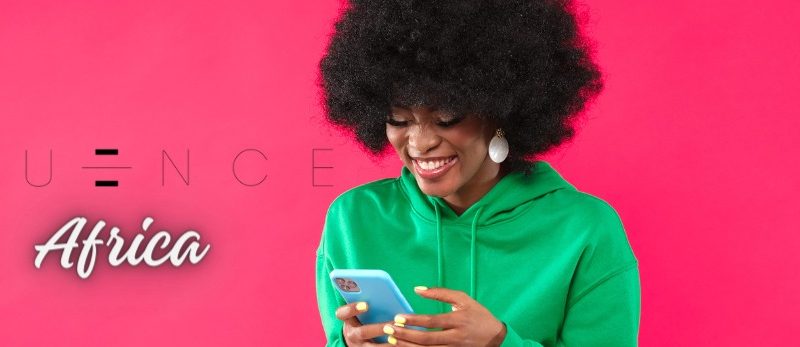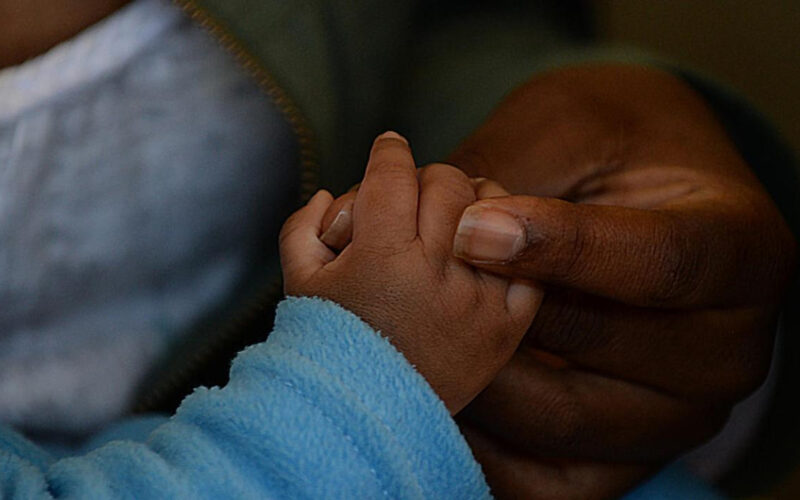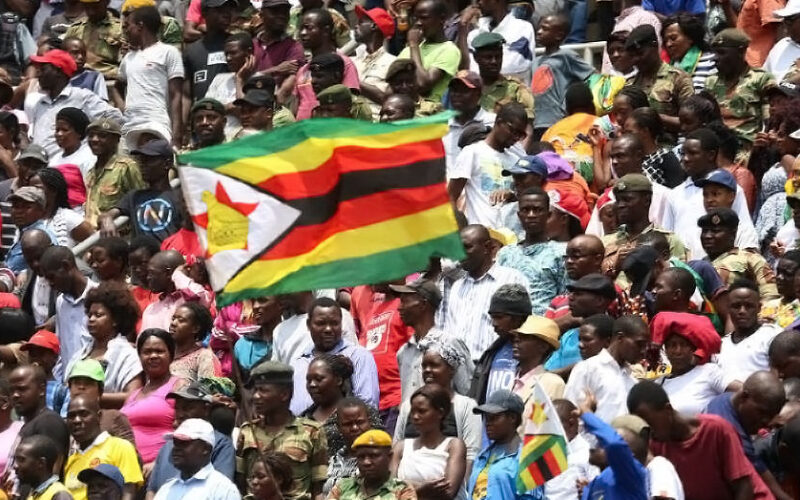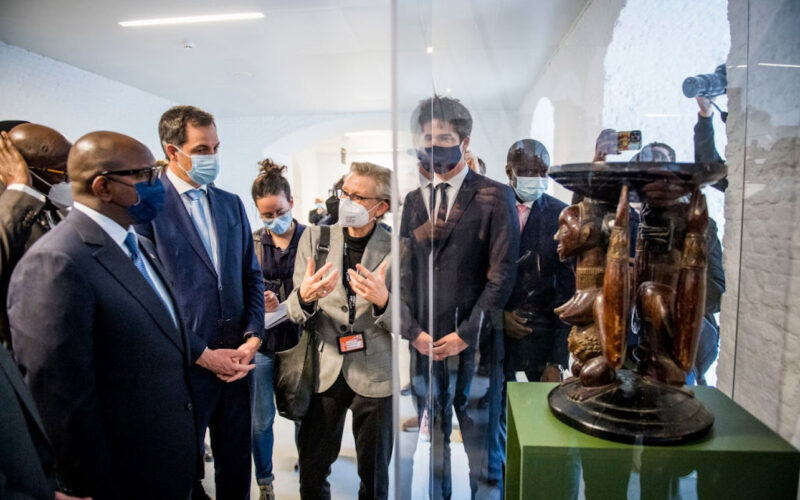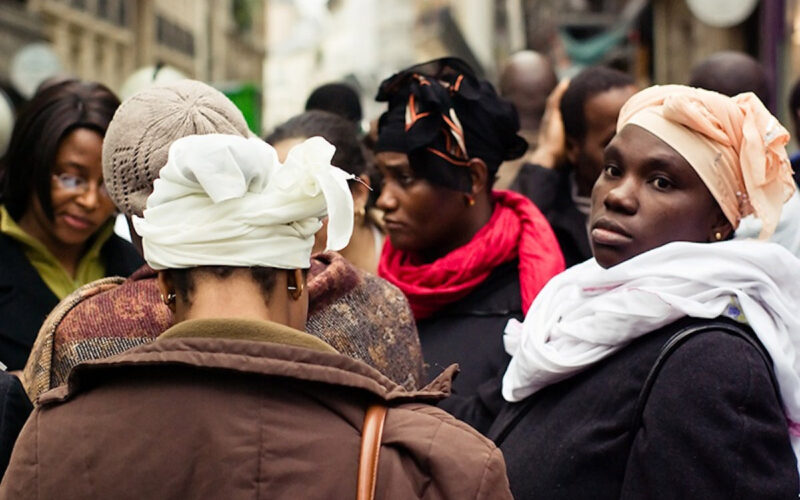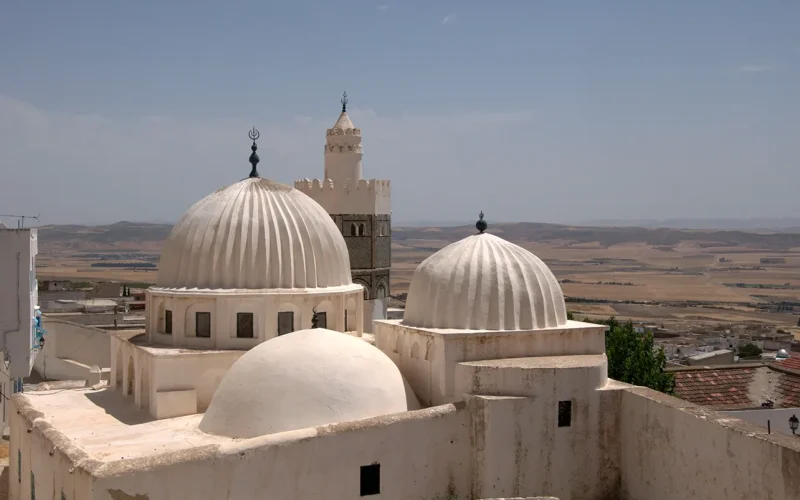
Tunisia’s El Kef city is rich in heritage: centuries of cultural mixing give it a distinct identity
EL Kef is a city built into the southern face of Jebel Dyr mountain, which is linked to the High Atlas mountains in the north-western region of Tunisia that borders on Algeria. The breeze that sweeps off the mountain and through the city’s streets offers relief from the hot weather and becomes part of the identity of a city whose riches are little known to the rest of the world. El Kef is rarely on the list of tours organised for international visitors who flock to Tunisia every year to enjoy sunny beaches and local culture. The city’s magnificent natural…

